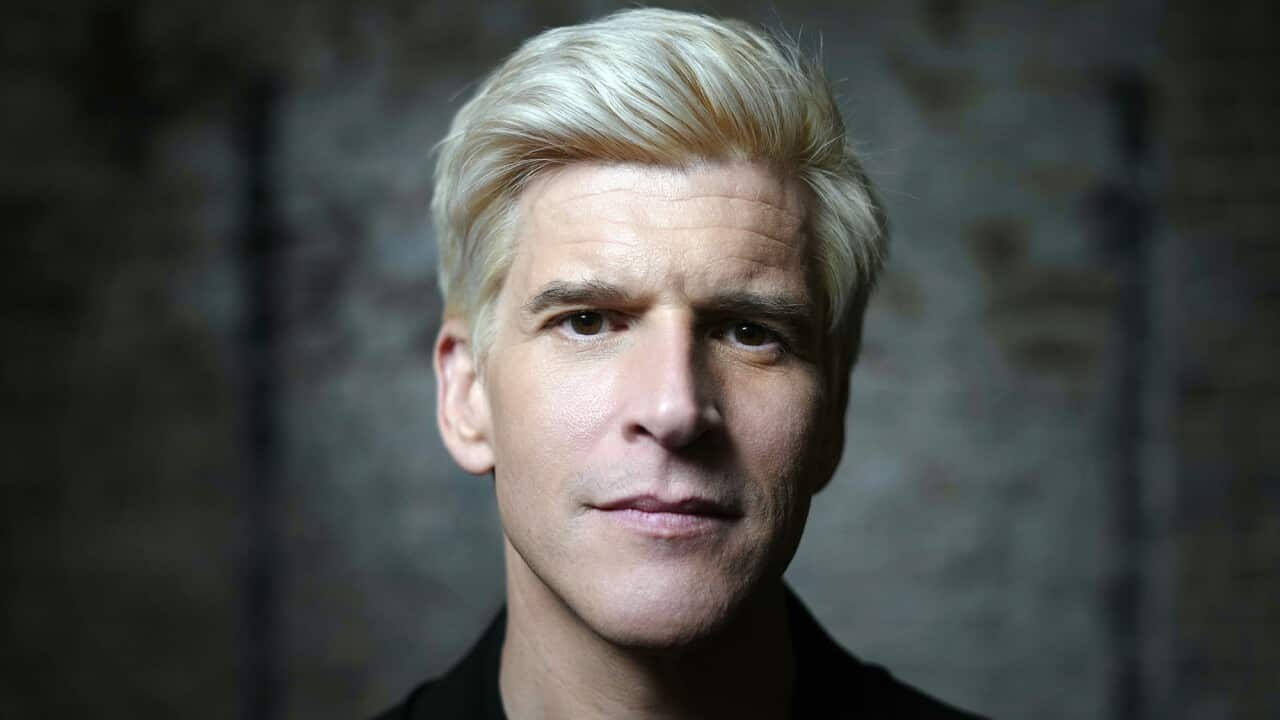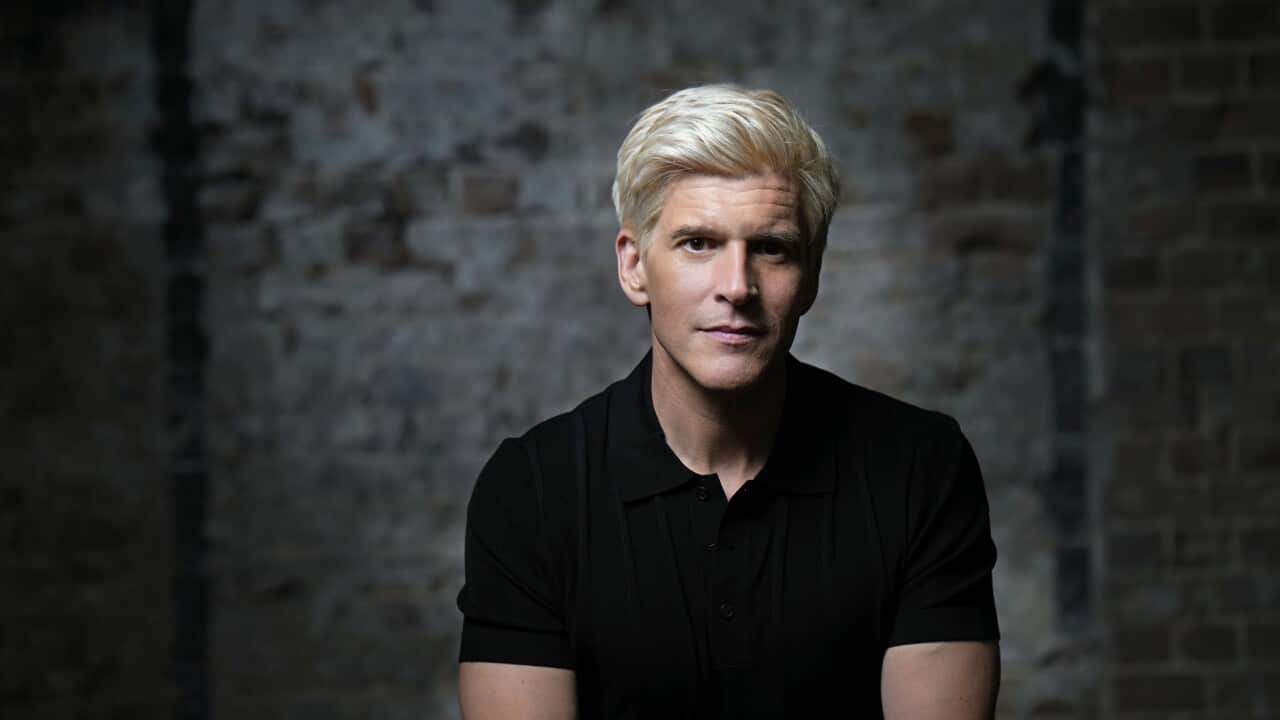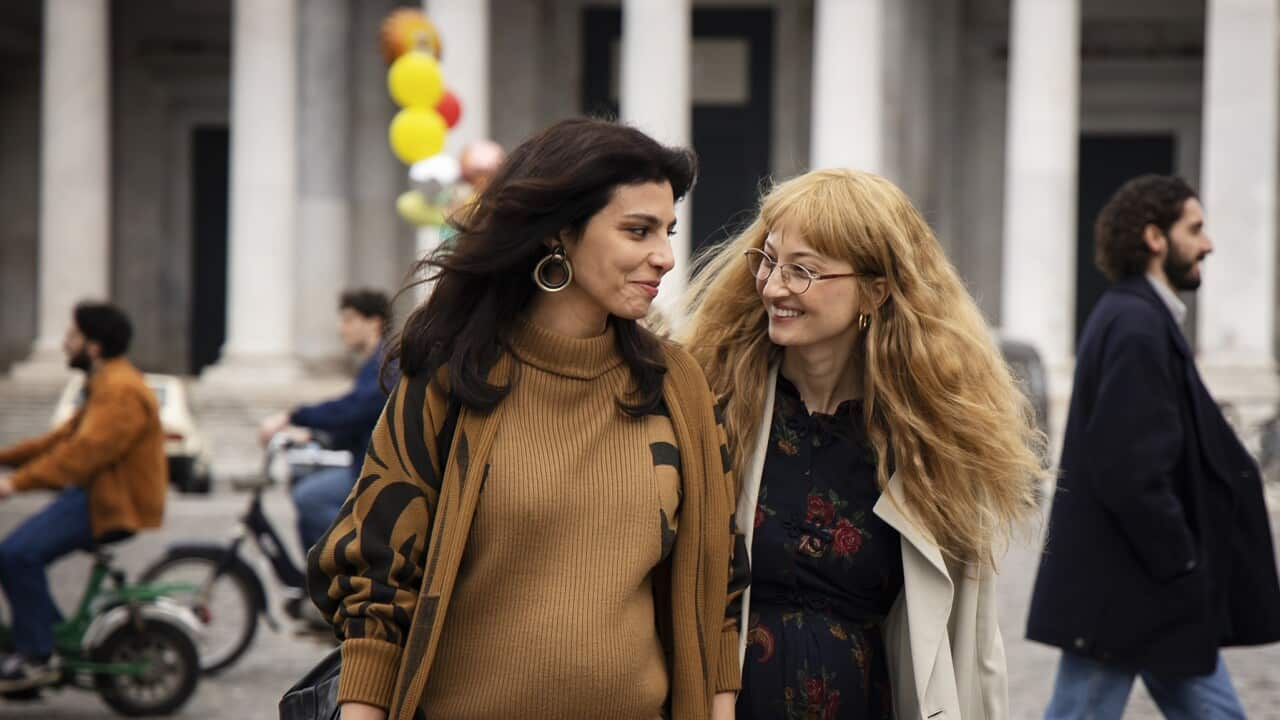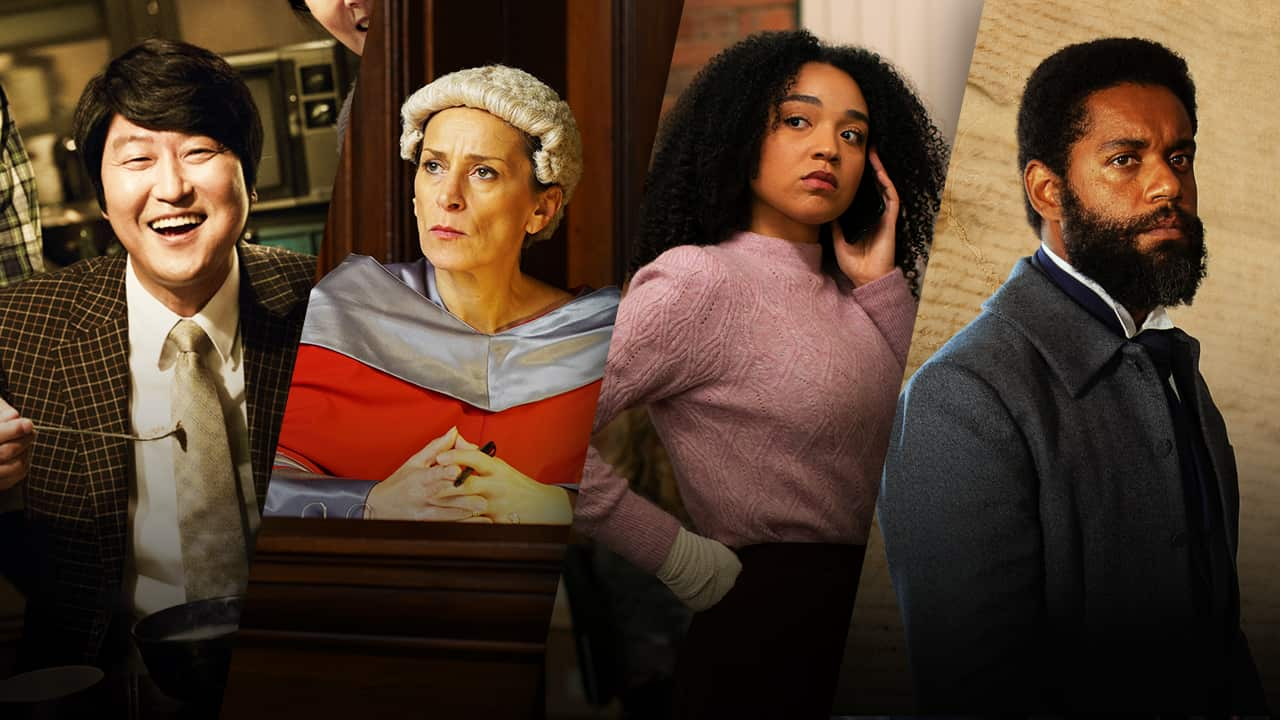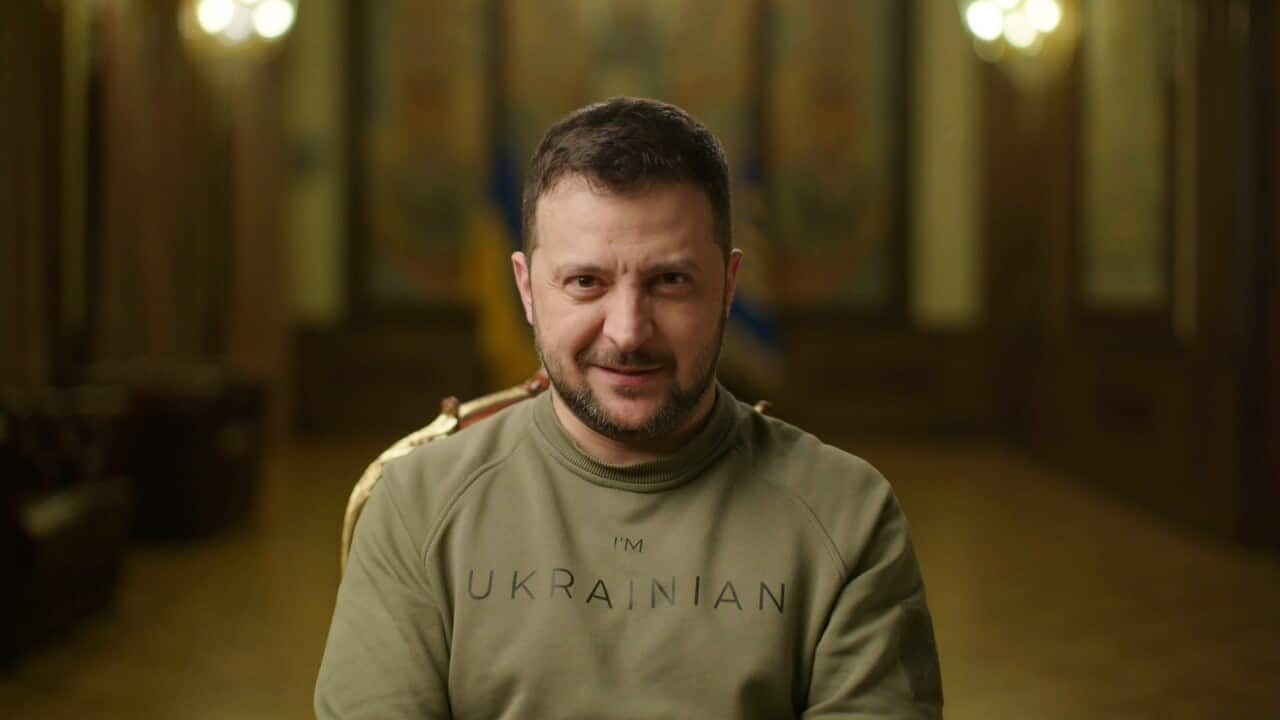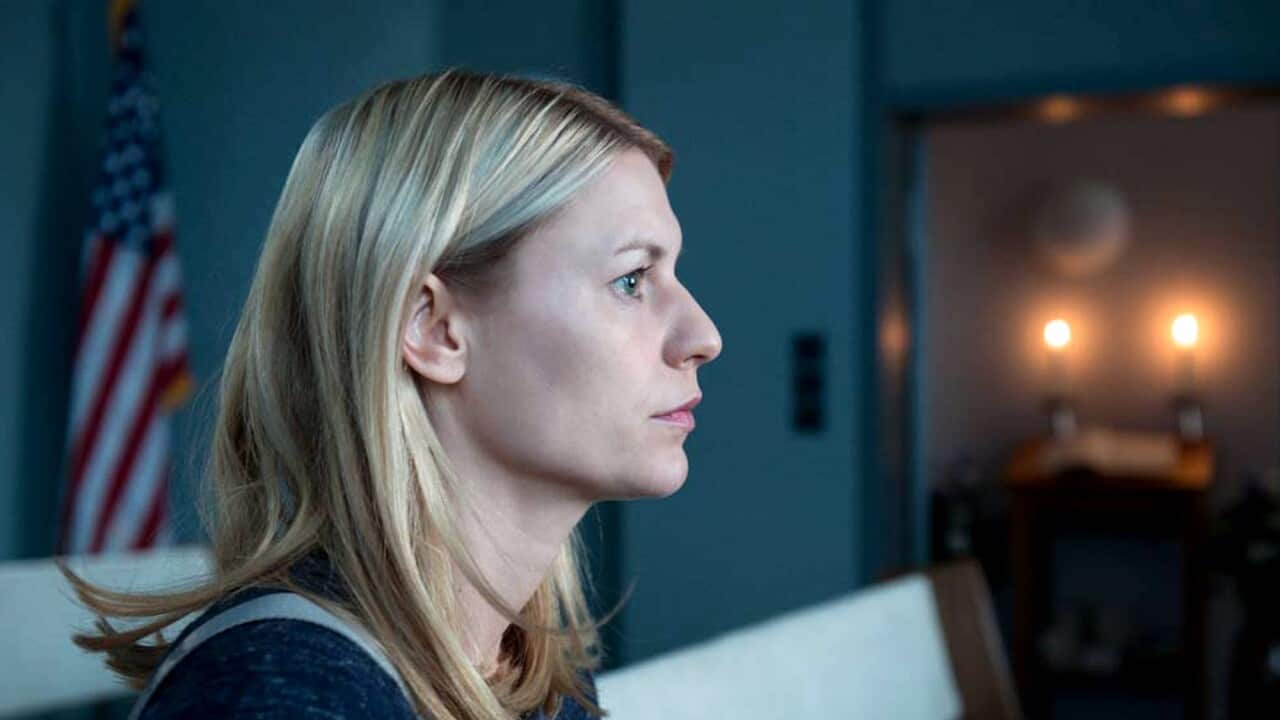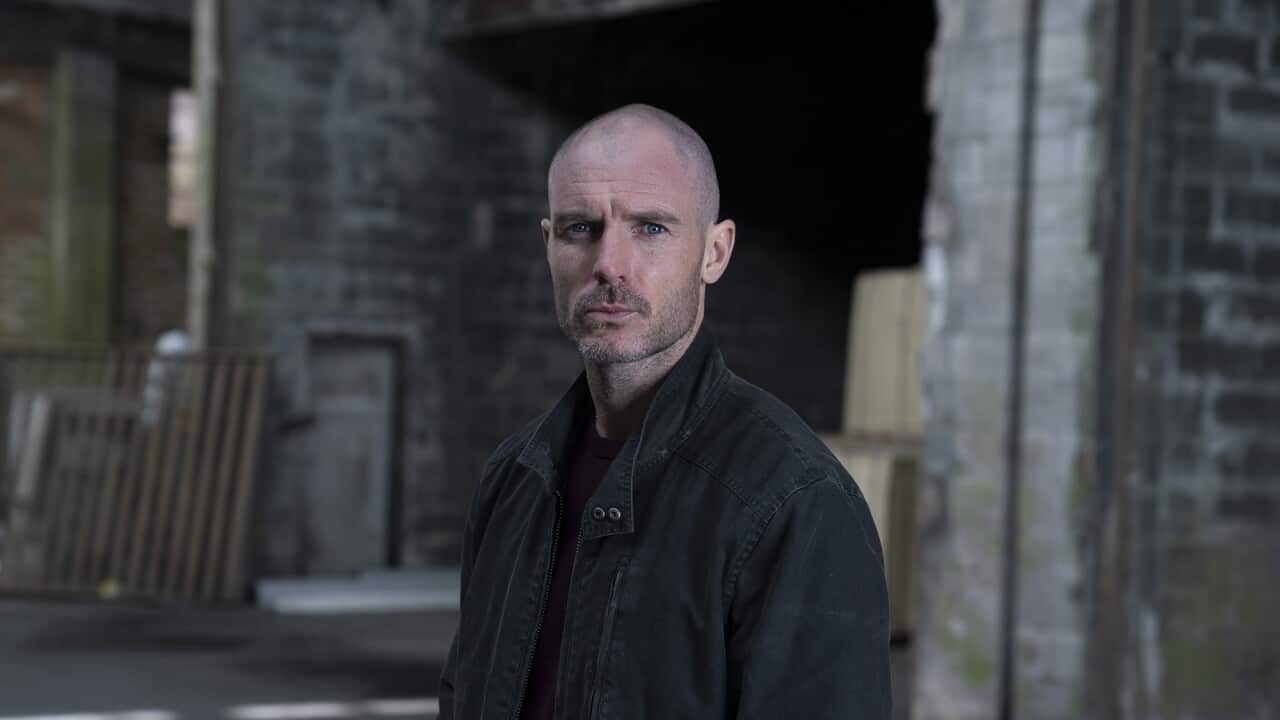How much do we really know about chronic pain?
Can a better understanding of how our body and the brain responds to pain that we experience be the key in providing long term relief to the millions of Australians who suffer from invisible, yet debilitating chronic pain?
These are the difficult questions that lie at the heart of SBS’s new authored documentary . According to the , 1 in 7 Australians have experienced chronic pain at some point in their lives. That equates to 3.6 million people.
However, despite chronic pain having an adverse impact on so many lives, experiences and stories of people living with chronic pain remain untold due to a lack of awareness in the community.
“Much like the first film that we made about suicide prevention [Osher Günsberg: A Matter of Life and Death], where I did not realise that there's so much I didn't know about what happens when your brain gets to a point where it's trying to convince you that this [suicide] is a great idea. I thought, I've got to make a film about this [chronic pain] as well. I need to tell people,” Osher Günsberg says.
The new documentary explores how Günsberg’s diagnosis of osteoarthritis and needing to undergo hip replacement surgery becomes a catalyst for him to explore what other Australians out there are doing to manage pain in their own lives.
“Your brain starts to do some pretty strange things after it's been in that level of pain for a long time. I had no idea what amplification was or what sensitisation was. I did not have any idea that there are some pain signals that you can experience which drugs are not effective against,” he says.
Research also highlights that 68% of Australians experiencing chronic pain admit to feeling socially isolated, with more than 60% of them noting that having to live with chronic pain long term causes a significant strain on their relationship with family and friends. The lack of awareness and the stigma around chronic pain, which can severely impact someone’s quality of life but is invisible, means that this is a bigger problem than many of us might realise.
I wanted to say that you're not alone. I wanted to make a film that gave hope...
“I wanted to say that you're not alone. I wanted to make a film that gave hope to people who care for, love and want to understand someone who's experiencing chronic pain like this,” Günsberg says.
In A World of Pain, his journey leads him to meet various individuals who have been living with chronic pain for a major period in their lives. One of these individuals is 27-year-old Alana Crofts, who has suffered debilitating endometriosis since the age of 15, having undergone numerous operations. It’s heartbreaking to hear Alana share the adverse impact that the pain from endometriosis has had on her quality of life. According to data from the , women overall have higher rates of experiencing chronic pain than men.
“As a man, I'm never going to experience endometriosis,” says Günsberg. “Even though I'll never experience this pain, I have been able to explore and understand the story of this young woman and her family enough to know that if I hear that word [endometriosis], I know how devastating it can be. I will have a different outlook and empathy for someone who is experiencing this going forward.”

Alana Crofts and Osher Günsberg. Credit: SBS
Empathy is precisely the word. One of the strongest aspects of the documentary is being able to mount a convincing argument that there are a myriad different ways in which people out there are choosing to manage their pain and we don’t have the right to judge them for the choices they might make. A World of Pain is that overdue conversation about our relationship with pain that we’ve avoided having but should’ve had a long time ago.
“You may not get it. You may not understand why someone you love can't move or go on holidays or party or pick up their kids like they want to. But hopefully, this [documentary] gives you an idea of what they might be experiencing,” says Günsberg.
“I wanted to get some more ideas out into the community around what chronic pain is and at least start a conversation about our relationship to pain.”
But is it truly possible to change our relationship to pain? Can we successfully rewire our brains so that we stop recognising pain as an unwelcome sensation? The documentary explores some interesting scenarios where this may be possible. We hear from burlesque, fire and aerials performer Miss Eli Fury, who has trained her brain and body to become comfortable with performing fire stunts. Günsberg also shares his own journey of working with a pain psychologist to take back more control over how his brain responds to pain.
“Talking about my own situation, I knew enough to know that brains can be rewired, and you can change your relationship to things. And that gave me a pathway away from much of that discomfort. Not everybody is that lucky. And sometimes, we might not be ready to hear that some of the things we're experiencing, they are sensations that are being amplified or sensations that our brain might be twisting and morphing into things that might not be,” says Günsberg.

Osher Günsberg tries an ice bath to push past the pain barrier. Credit: SBS
One of the key takeaways from the documentary was the realisation that different people have found individually suited strategies to manage or cope with chronic pain. There is no one-size-fits-all approach. What might work for one person will not work for somebody else. Everyone’s journey to find which management strategy works best is their own.
This is evident in the story of Paralympian Monique Murphy, who fell from a fifth-floor balcony, leading to injuries so damaging that she lost her right leg and has battled phantom pain. She realised that her body and her brain reacted differently to pain when she was submerged in water. Her journey back to swimming also became a catalyst for her to retrain her brain and change her relationship to pain.

Paralympian Monique Murphy and Osher Günsberg. Credit: SBS
“I always like to say the antidote to panic is a plan,” says Günsberg.
“Now, for some people, those interventions might look different. For some people, those interventions might be pharmaceutical, they might be other things. Whatever that might be, it's about getting those set of tools that work for you.
“No two people have the same pain receptors. No two people have the same pain experience. So, no two people will have the same management strategies. But it's important to know that they exist. Finding a management strategy that is sustainable is really important because then you can be more in control,” he adds.
The documentary isn’t just about hearing about the varied lived experiences of chronic pain from Australians and finding out if we can retrain our brain to change how it responds to pain signals. The third, but equally important aspect of this documentary, is exploring the cutting-edge scientific research that’s currently being undertaken in the field of pain management.
We hear from scientist Dr Sam Robinson, also known as ‘Dr Sting’, from the University of Queensland, who is researching the use of venom and how it could hold the key to pain relief for millions of people. He believes that the breakthrough in treating chronic pain lies in peptides contained in the venom of invertebrates.
“I was surprised by how many incredibly smart people are dedicating their lives to helping people. There are people out there working really hard to find better ways to help people day in and day out,” Günsberg concludes.
Readers seeking support with mental health can contact Beyond Blue on 1300 22 4636. More information is available at . For 24/7 crisis support, call Lifeline on 13 11 14 or call 000 in an emergency.
Osher Günsberg: A World of Pain is now streaming . The documentary is subtitled on SBS On Demand in Arabic, Simplified Chinese, Traditional Chinese, Vietnamese and Korean. It will also be available with audio description.
MORE COMPELLING VIEWING
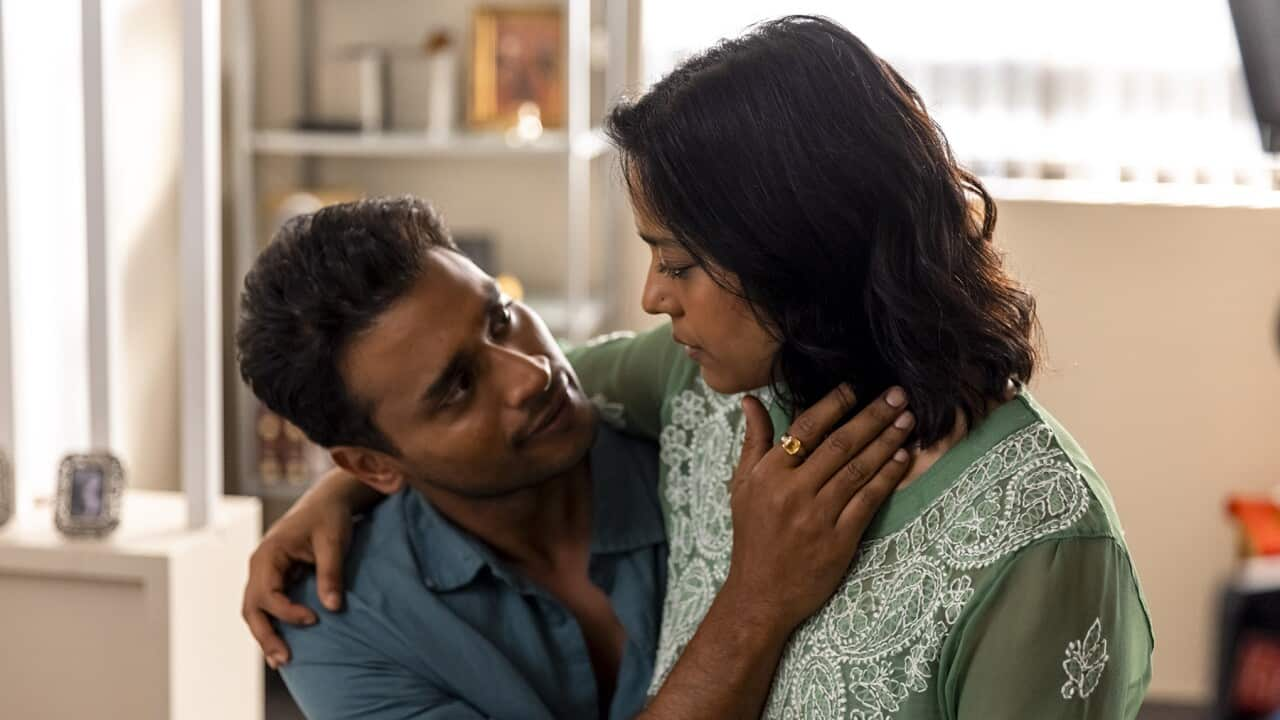
‘It all starts with the truth’: Unpacking 'Four Years Later' with showrunner Mithila Gupta
